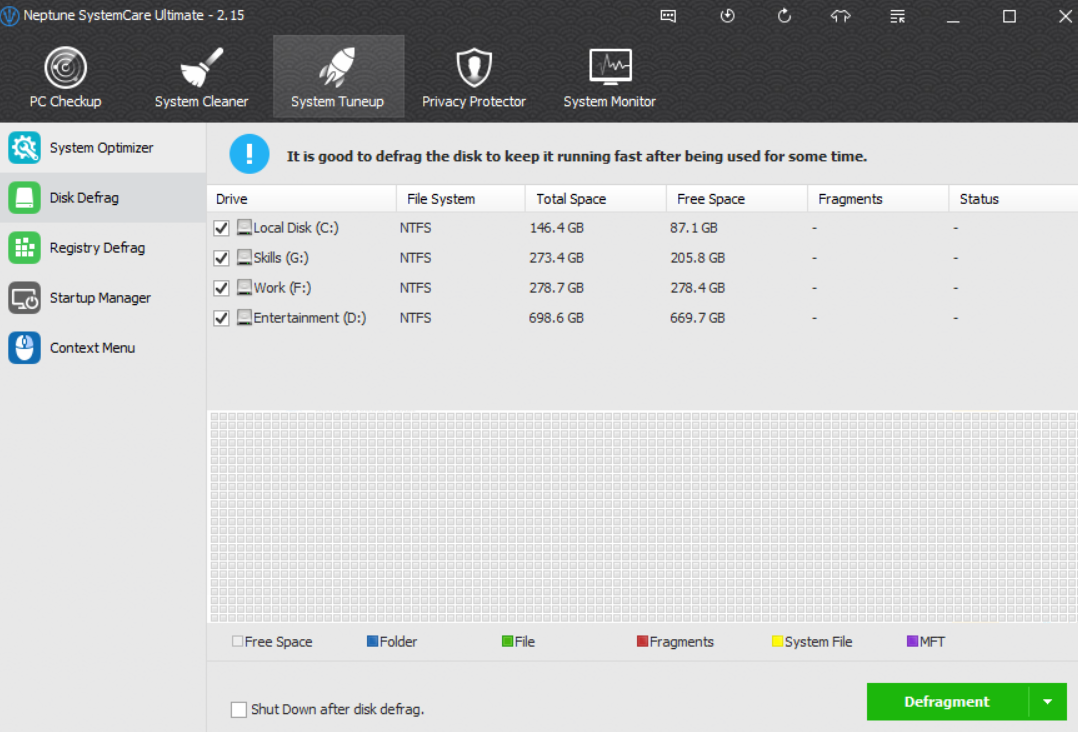A beginner's guide for how to speed up computer
By Renee | 21/Nov/2024

The truth is that since you bought your PC, you've downloaded all kinds of things, stuffed your hard drive and have not given it a complete cleaning once. No matter how high-end computer you have, if it gets clogged in the operating system, it'll suffer. Simple tweaks don't require any specialist knowledge and they will only take a few minutes to speed up your computer.
1. Free up hard drive space
If your hard drive space is completely full, your computer will crawl like snail. The general rule is to leave at least 15-20 per cent of your hard drive empty. But with the actual experience, leaving over 50% empty would be better. So if you get 300GB hard drive, you should keep 150GB of space free.
Remove unwanted programs
Start by removing any installed programs that you no longer use. You can do this by going to Start > Control Panel > Programs > Uninstall a program. Click any programs you want to remove, and select Uninstall/Change.
Disk Cleanup
Using the built-in tool of Windows could take a long while, and it can only do the limited job. Neptune SystemCare scans your hard drive and removes anything you don't need.
Now is the perfect time to reorganize your hard drive. If your hard drive is fragmented, it will take much longer to open files, folders or programs. Open Disk Defrag under System Tuneup tab, and then click Defragment.

2. Speed up boot time
One of the biggest factors in a long start-up time is the number of programs and services that load during this time. You can easily speed up your startup time by removing anything you don't need within a few clicks using Neptune SystemCare Ultimate’s Startup Manager. Given safe-to-disable ratings, you do not have to worry about mistaken click to cause hangs.

3. Close unused Windows and Programs
Our system could be overheating and slow down with too many programs and services running in the background when the CPU speed would reduce to avoid becoming damaged by the excess heat. Therefore, checking the CPU resources and GPU temperature is inevitable.
You can do it easily with System Monitor in Neptune SystemCare Ultimate.
